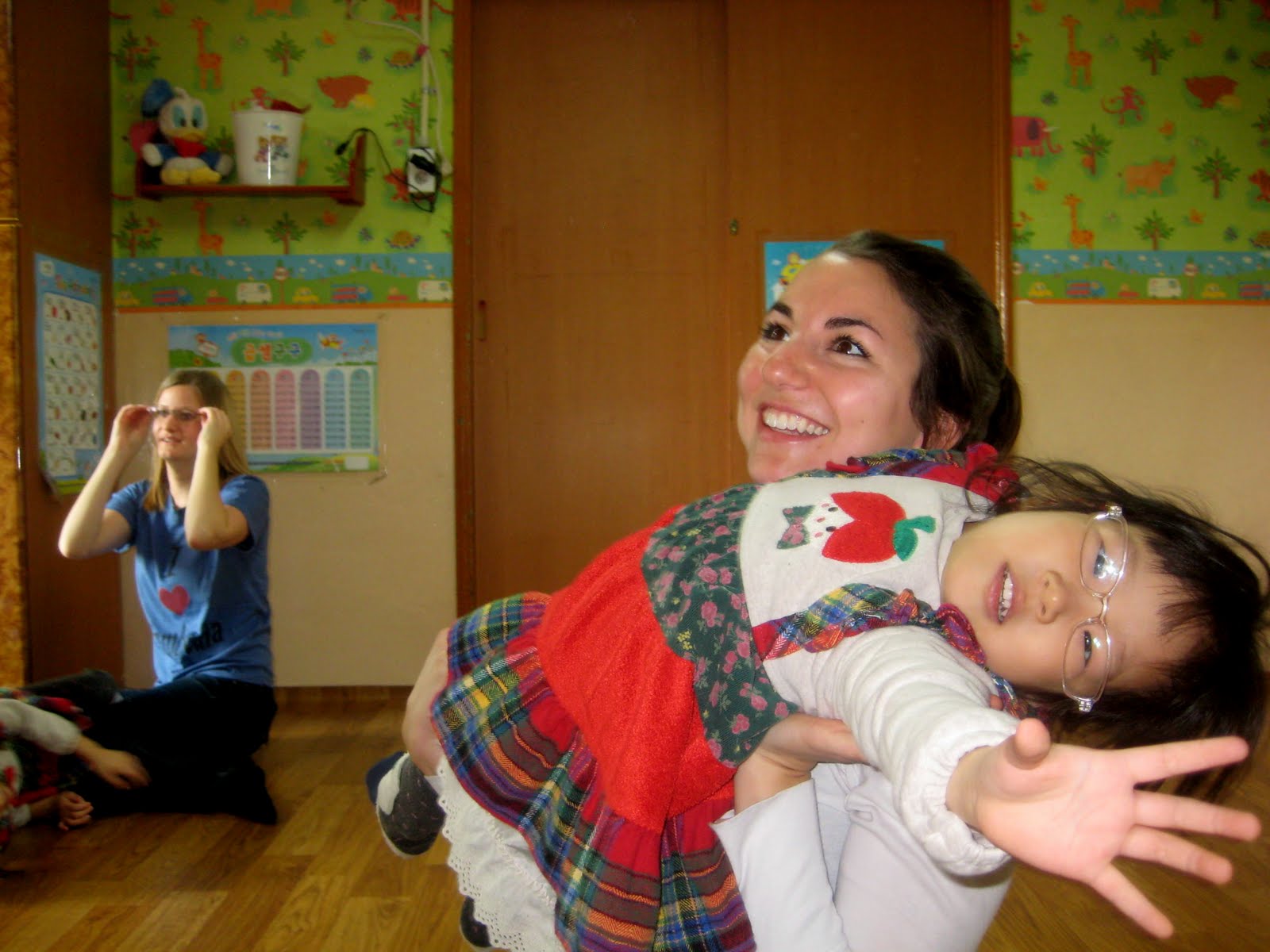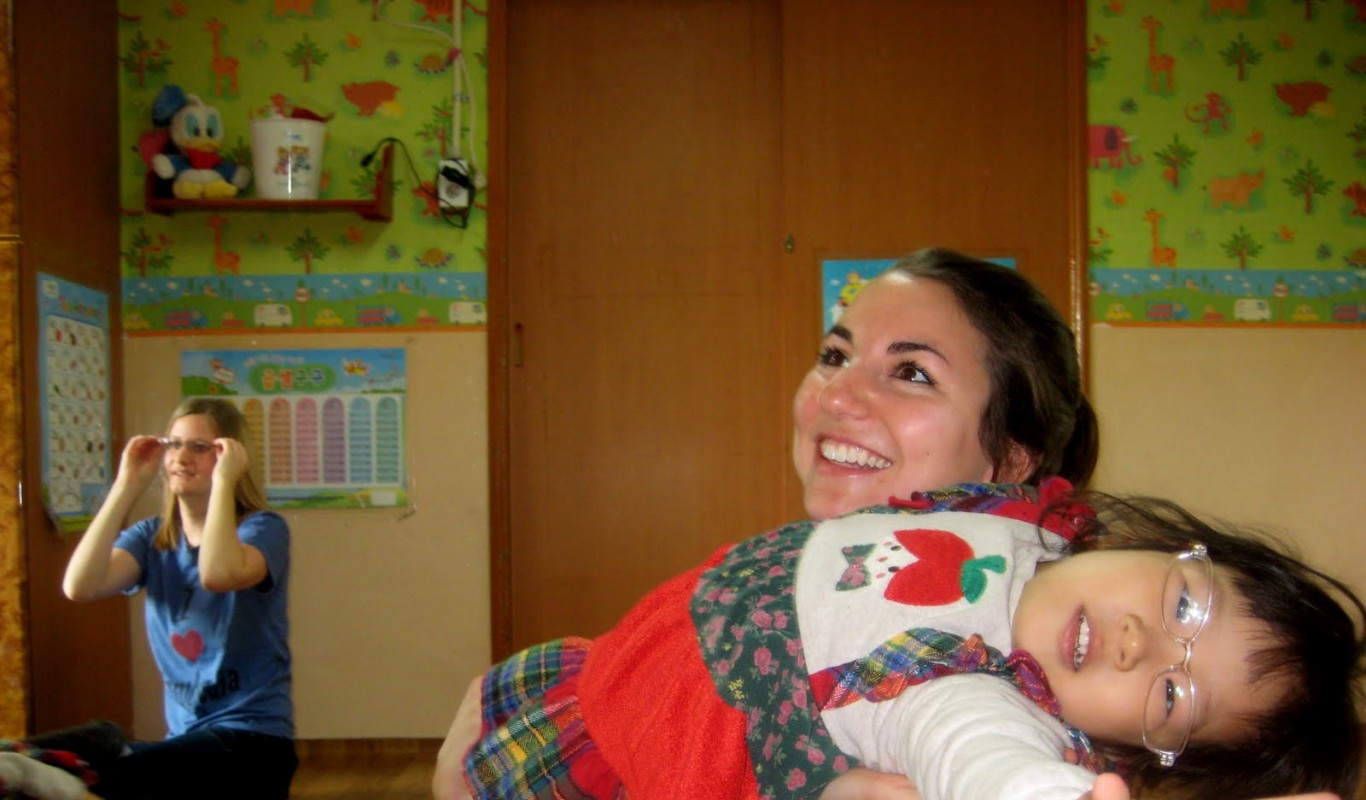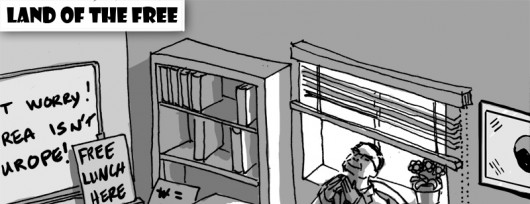Editor’s note: Over the past few months 3WM was in contact with a volunteer at an Korean orphanage who offered to submit an article about the goings on at the center itself. Yet, as she conducted her research for the article, she found herself under increasing pressure from the staff. Below is the article she was able to submit under the circumstances. Following that is some of the correspondence that took place between 3WM and the author during the course of the research and composition process. 3WM is withholding the name of the author and the orphanage.
By Jane Doe
“I do not like this,” Eun Jung said in a low voice. She refused to make eye contact and fiddled with her pencil. I sighed and shuffled through my stack of prepared activities. Dae Kwan shook his head and stared at the floor.
“Do you want to match the flag with the right country?” I asked cheerfully.
“No.”
“How about reading an article about kangaroos in Australia?”
“No.”
“Do want to read about your favorite celebrity?”
“No.”
I finally cajoled Eun Jung and Dae Kwan into completing a word search on popular junk food. It was the autumn of 2010 and my thirteen year old students were bored and not responsive in the class I taught at the orphanage on Sundays. I talked to the program director several times and changed my class to match the students’ interests. But the students still thought I was boring and I was running out of options.
On Halloween, I brought chocolate and short scary stories to tell my students. We turned off the lights and I turned on the flashlight. I shined it on my face as I began to narrate the story on the haunting of Amityville House.  Eun Jung began to shriek and insisted we turned the lights back on. The students laughed and playfully threw pieces of candy at each other. After months of unresponsive behavior, I finally had a breakthrough with my students.
Eun Jung began to shriek and insisted we turned the lights back on. The students laughed and playfully threw pieces of candy at each other. After months of unresponsive behavior, I finally had a breakthrough with my students.
I do not blame the children at the orphanage for being wary of new tutors. The children become very hurt when a tutor fails to show up or when his teaching contract is finished and returns back to his home country. My students adored the previous teacher and felt deeply saddened when she left. After several months of going to the orphanage, I had to leave to teach English on Jeju Island for a month. Dae Kwan was a bit disappointed to see me leave and stopped attending the class taught by my replacement. When I returned to the orphanage in March, Eun Jung chose another volunteer to be her tutor. I tried to not take the rejection personally and wished Eun Jung the best.
I was assigned to a sweet eight year old little boy, Tae Hyeon. His black rimmed glasses and gaping smile can be seen from across the room. Tae Hyeon and I are a good match and I have seen him progress throughout the months I have tutored him. When I first met Tae Hyeon, he did not know the alphabet. Now he is able to write simple sentences and is able to follow directions better. It is gratifying to see his confidence surge and to know from the front desk secretaries that he looks forward to seeing me on Wednesdays.
“Grandfather!” Tae Hyeon exclaimed when an older Canadian tutor,
Ken, walked into the tutoring room on Wednesday.
“I am going to get you,” Ken replies in mock anger as he playfully attempts to grab Tae Hyeon and misses as Tae Heyon ducks on the table. Ken takes out his flashcards and stapled work sheets he prepared for his three ten year old female students. They giggle as they point to funny characters on the assignments and try to imitate the characters’ expressions. One of Ken’s students, Seung Yun, openly expressed her dislike for the tutoring program and complained how learning English is a waste of time. When Ken was assigned to teach her, her attitude completely changed. She adores playing Go Fish and now wants to be the first one done with her daily assignment. A rewarding aspect of the program is knowing that you have changed a child’s attitude towards learning. Linda, a native of Canada, and fellow tutor agrees.
“Learning English can be frustrating and tedious. Children often want to give up and feel that they are not smart enough to do the work. The tutor can show them that learning can be fun and the children will feel more comfortable learning around an adult who shows compassion.”
As she said this, Ken’s girls began to complain when he put the English flashcards away. They wanted to continue to play and win a prize.
“Basically, the children crave attention. Even when they are not answering correctly or say jokes in Korean, they really want approval from their tutor.” Ken explained to me as to why he enjoys tutoring at the orphanage.
As he said this, Jang Oh approached me and shyly showed me the birthday cake his tutor brought him. When I asked him his age, he replied,
“I am fifteen years old. Inga remembered! She comes. She sees me. She does not forget.” Jang Oh smiled brightly and offered me a slice.
As I walked out of the orphanage that night, Eun Jung waved at me from the door of an adjacent building. She gave me a shy smile and asked me in a timid voice why I was at the orphanage so late. I explained I was talking to some of the children and tutors.
“Okay. You always come here. See you soon.” Her eyes met mine for a brief moment and then she quickly returned to her room. As I walked home that night, I felt a sense of accomplishment. Eun Jung noticed my consistent visits. And that is all that matters.
___________________________________________________________
On Sun, Nov 27, 2011 at 11:51 AM, <3wmmedia@gmail.com> wrote:
Hi ******.
On Sun, Nov 27, 2011 at 3:06 PM,
*******wrote:
I understand you need more information. The problem is the orphanage director does not want us to reveal the students’ names, photos, or anything personal because that really is confidential information. There are some photos on the website. I can ask for permission to use those photos.
I do not know if you are aware, but there really does exist a stigma for orphans and since the students are young and can not really consent to anything, they think to give out personal information is an invasion of their privacy. I volunteer for another orphanage for North Korean refugees. The kids had fun taking pictures with my camera and I was told to delete those pictures immediately. I can try to link the orphanage for South Koreans with the orphanage for North Korean children. I can interview another tutor who works there.
I can try to do more interviews and see what I can come up with.
On Sun, Nov 27, 2011 at 3:33 PM, 3WM<3wmmedia@gmail.com> wrote:
Hi.
It is that stigma that needs to be explored. We don’t need personal information on the kids. The piece needs more observations from your part.( What is it like to walk in the orphanage? What is it like to walk out? Do you eat with the kids? Are they ever adopted?)
Personal impressions from you about South Korean orphans is necessary. An interview with a tutor is a good idea if that tutor can give insight to the lives of the orphans and their prospects. I wonder where they will go when they turn 18? What kind of education is available to them and the like.
Also facts and figures on orphans in South Korea is public domain and need to be included in this.
Hope this helps. 3WM
Date: Sun, Nov 27, 2011 at 5:03 PM
Subject: Re: Orphanage Experience Article
To: 3WM <3wmmedia@gmail.com>
I understand what you mean about writing more about personal observations. But I do not think you understand how touchy the subject of orphanges is in Korea. Writing about personal impressions, giving insight into their lives and future is too personal.
The problem is that I am a foreigner and I do not know anyone in authority who would 100% support the article you would like me to write. I have talked about this article and subject many times with the director of this program! He got into trouble because he gave a quote to a magazine that he thought was positive, but because he is an “outsider,” (non Korean) it was misinterpreted. He had major concerns about this article because innocent comments, descriptions are interpreted badly because we are foreigners. We sound like we are writing to brag about our superiority. If I were to write that the building is “tattered” or the “paint is chipped” conservative Koreans would be angry that I am making Korea sound like a third world country. That is not my intention at all! I respect Korea. You have to understand that I know an American who had her VISA revoked because she was involved in orphanages and social issues in Korea. Even innocent comments are blown out of context. Maybe a Korean or Korean American can say what they want, but not a non Asian like myself. It is a very sensitive issue. The man who has dedicated so much of his personal time to starting these programs at the orphanages declined to be interviewed. My Korean friends do not like the idea of me volunteering at the orphanages. They have expressed their dislike of me teaching for free. Many Koreans have an attitude that I am paid to teach at a public high school not to offer my observations on Korean culture or be involved in social issues. Orphans are seen as a “social issue” by a significant number of people. I have learned to keep personal information to myself. I always phrase what I do in a positive way and emphasize that it is free, supervised by a Korean employee, I passed a FBI criminal background check and work with the approval of the immigration office.
I am living in *****, which is a conservative part of Korea. You have to understand, where I live, I have met and talked to Koreans who will not accept blood donations from a healthy person like myself because I am not Korean. Back home, the idea of not accepting blood from a healthy Korean is unheard of. But that is part of the culture and I respect it. The question, “Are the kids ever adopted?” is sensitive. I know two Koreans who have adopted children from orphanages and it is a “family secret that will be taken to the grave.” There are recent efforts by the government to positively influence Koreans to adopt and not to be ashamed by adoption. But those messages are ignored by a significant number of people.
There is another group that volunteers with orphanages. It is called *********. I have volunteered with them once. I am overcommitted with my work with the two orphanages so my involvement with them is very limited.
They are located in the most liberal part of Korea and most likely have liberal support from someone in a position of authority who will not misinterpret their comments or writing. Maybe a Korean or Korean American or someone who is married to a Korean can talk more about the sensitive issues or be more free with what he or she chooses to write. Liberal Koreans support and appreciate foreigners volunteering. The problems I face are not issues for them, I think.
I strongly encourage you to contact volunteers from the group so they can give you more info, more observations, and write a better piece than I am able to.
There is a Korean American adoptee, ************,who started a non profit organization. She was adopted by an American couple and became a ******. She returned to Korea to help out orphans. I am sure she has political support to say what she feels is right and to give you more personal insight on the lives of the children. She helps orphans who are graduating from high school and tries to give them assistance for college and finding jobs.
I am sorry for disappointing you. But I think you will be better off contacting those groups who have more support and freedom to write about their work.
Take care,
 Print This Post
Print This Post







